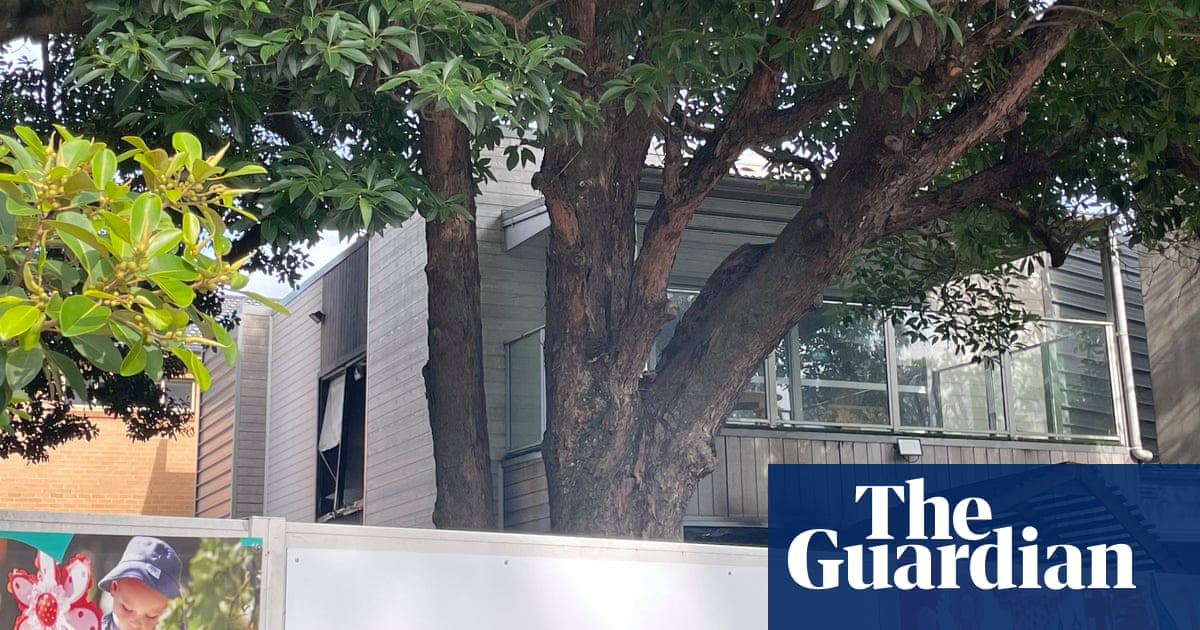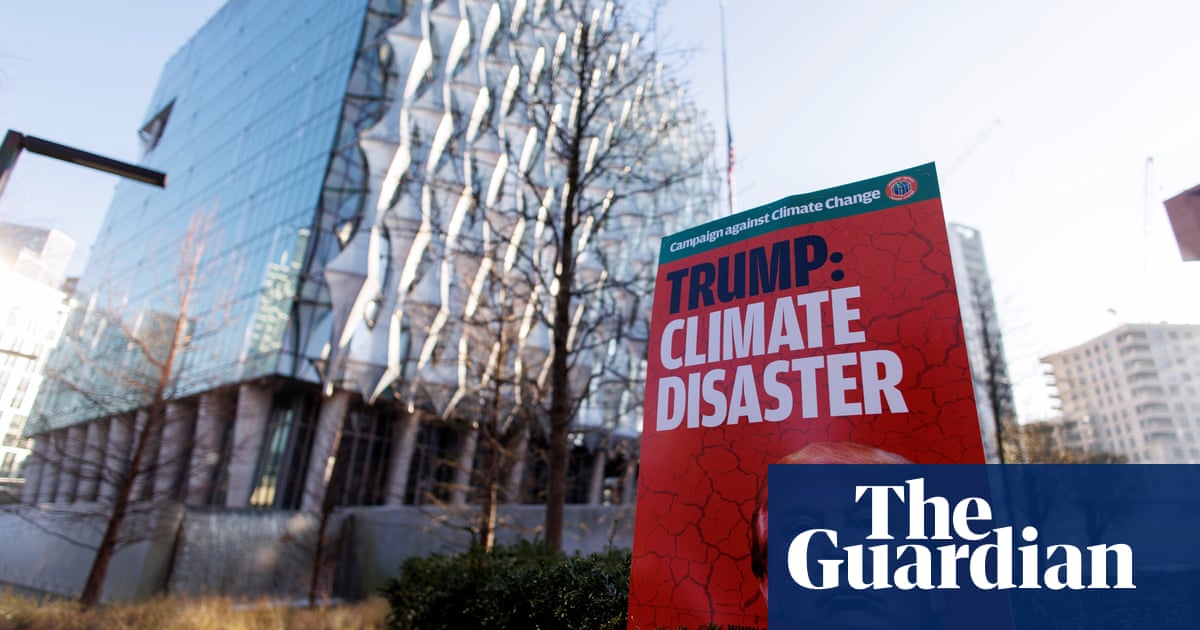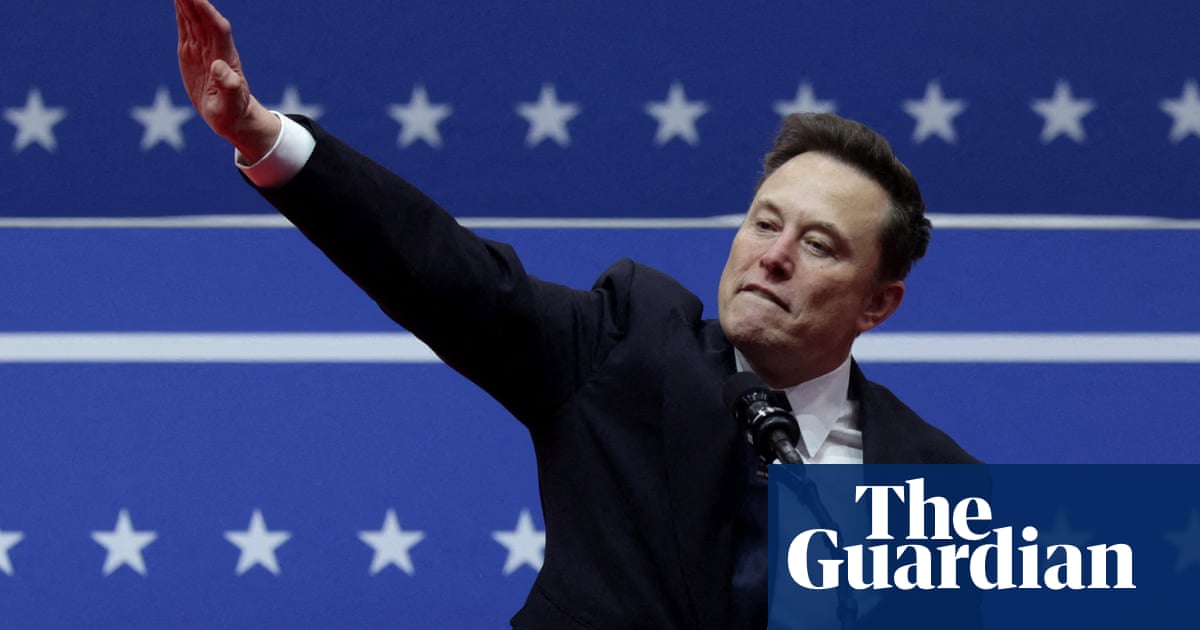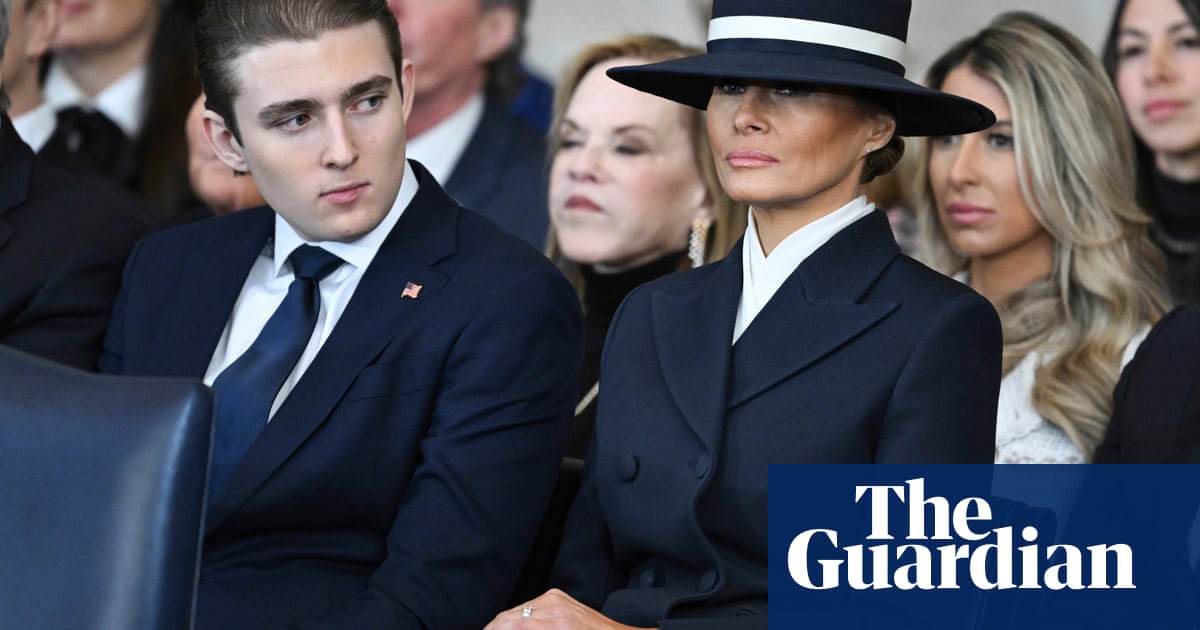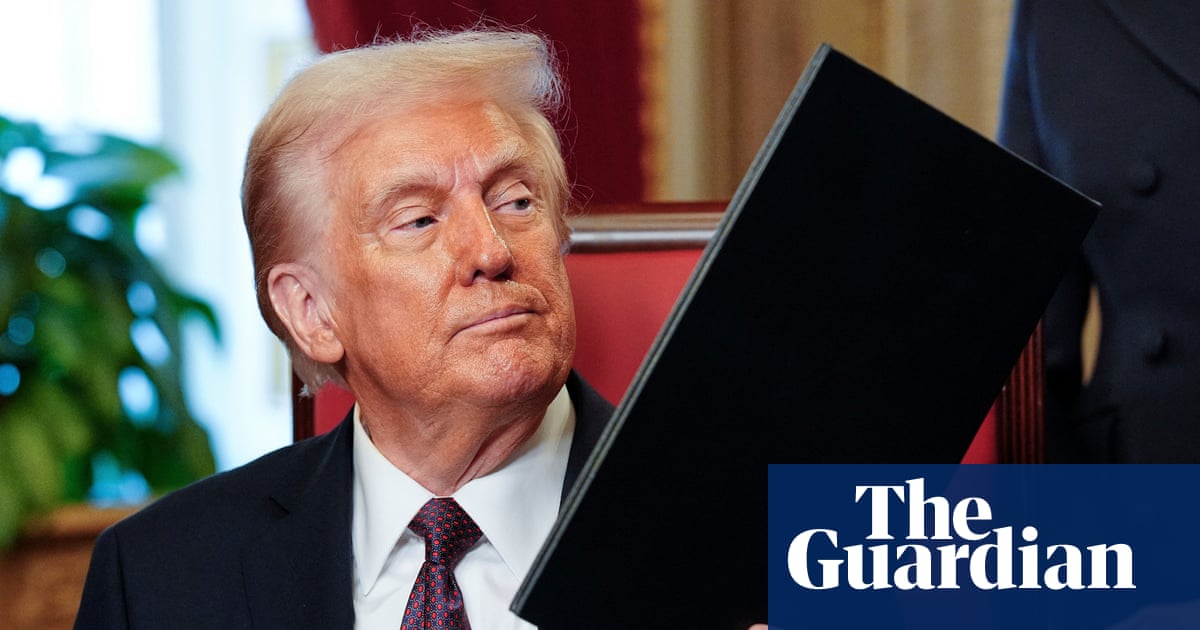Digital platforms will be forced to pay for Australian news regardless of whether they enter new deals with publishers, preventing companies like Meta side-stepping the news media bargaining code.
On Thursday the Albanese government unveiled its “news bargaining incentive”, a charge applied to digital platforms which they are effectively refunded by an offset if they pay news companies directly instead.
The government does not intend to raise revenue through the measure, because the charge will be set at a level higher than digital platforms would pay under direct deals, incentivising them to pay publishers not the government.
The measure responds to Facebook and Instagram’s parent company, Meta’s, announcement in March that it will stop funding Australian news through deals with publishers.
The new model will require digital platforms with Australian revenues of over $250m – at least Meta, Bytedance (TikTok) and Google – to participate by paying a fixed charge or enter direct deals.
Although the government can guarantee that no less money will flow from the platforms to news publishers in global terms, the new system could still disadvantage small publishers if platforms completely offset their liability with deals with bigger publishers.
After it is legislated, the requirement to pay will be backdated to 1 January, 2025, and revenue from deals paid after that date will also qualify for offsets.
Consultation will occur in 2025 about the level of the charge, and a distribution mechanism if any platform opts to pay the charge to the government instead of striking deals with media companies.
The government settled on the charge and offset model to prevent digital platforms refusing to carry news as a means to escape a requirement being imposed to bargain with local publishers.
The news media bargaining code was introduced in 2021 to address the significant bargaining power imbalance between digital platforms and news publishers.
The code saw digital platforms including Meta and Google pump about $200m into Australian media, whose business model had been disrupted by the growth of digital platforms.
On Thursday Jones said “the government wants Australians to continue to have access to quality news content on digital platforms”.
“Digital platforms receive huge financial benefits from Australia, and they have a social and economic responsibility to contribute to Australians’ access to quality journalism,” he said in a statement.
“This approach strengthens the existing code by addressing loopholes that could see platforms circumvent their responsibility to pay.”
The communications minister, Michelle Rowland, said the government “is committed to a diverse and sustainable news media sector, given this is critical to the health of Australia’s democracy”.
The parliamentary joint select committee on social media and Australian society recommended in October the creation of a “digital platform levy” on companies such as Meta and Google – referred to by some as a “tech tax” – to fund public interest journalism.
The social media committee’s interim report focused on Meta, specifically criticising its decision not to renew deals and the “de-prioritisation of news” on its platforms.

 1 month ago
37
1 month ago
37




